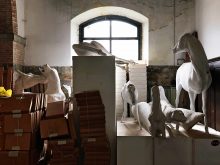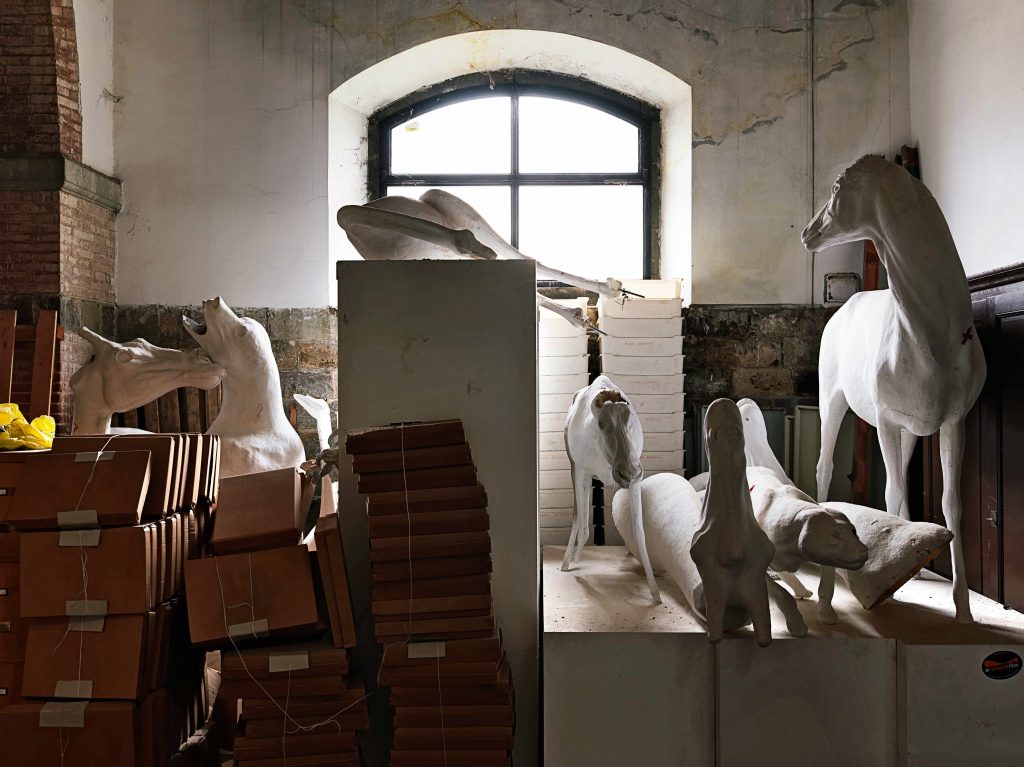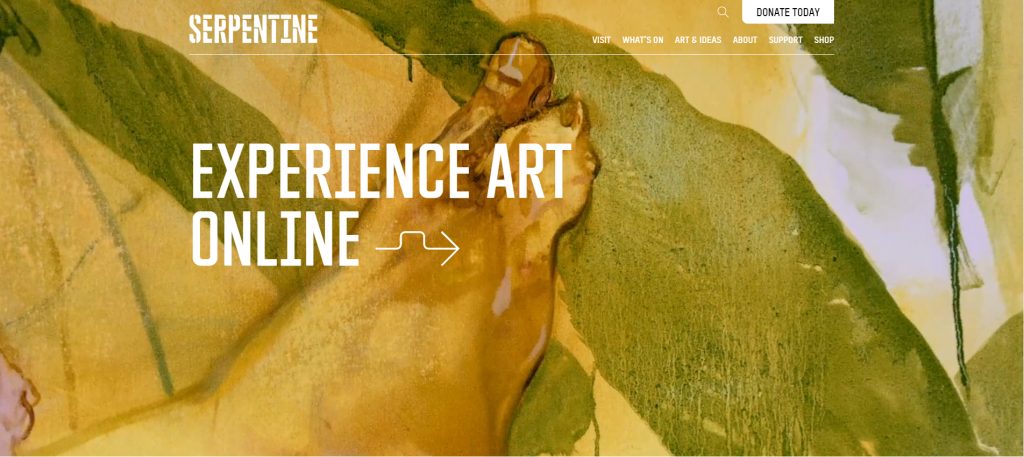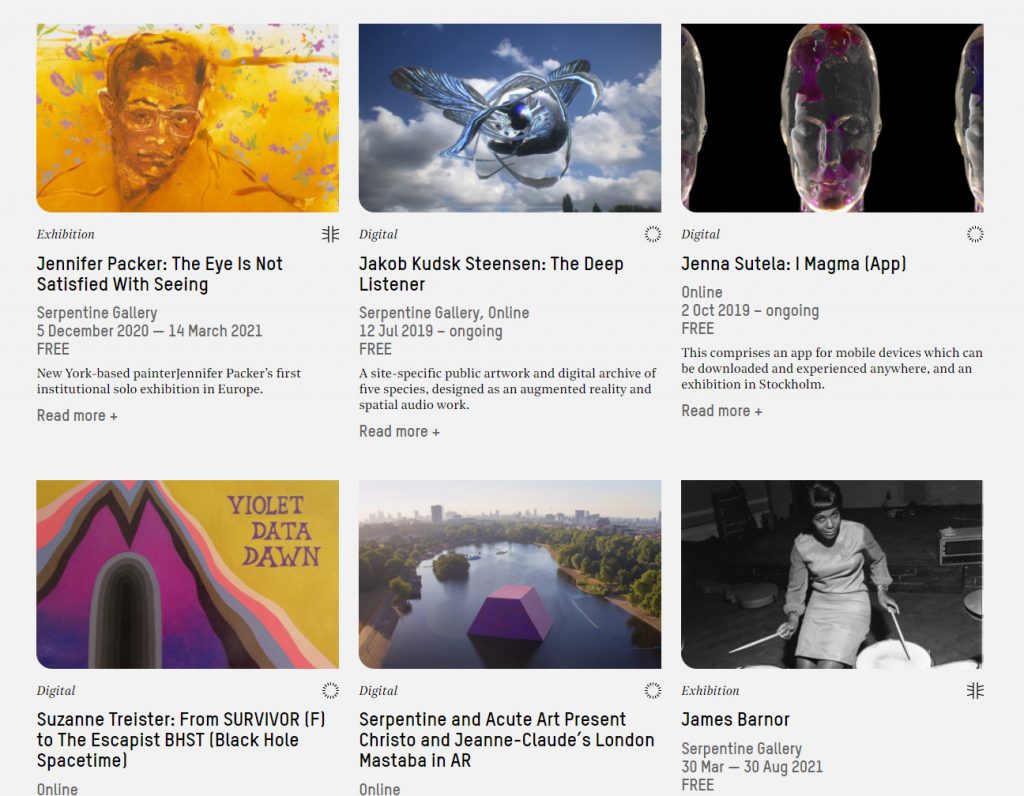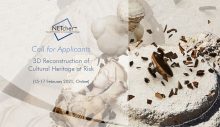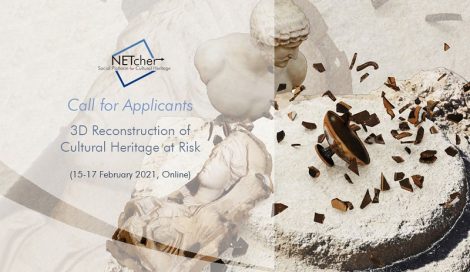 MESOC is research and innovation action whose challenge is to develop new perspectives and improved methodologies for capturing the wider societal value of culture, including but also beyond its economic impact, to enhance the potential role of culture as element of public policy for social, cultural and political cohesion and inclusion. Leaded by a Consortium composed by 10 Partners from 7 European countries (Belgium, Croatia, France, Greece, Italy, Romania and Spain) the three years H2020 project adapts and further develops a method for “transition based” impact assessment derived from a previous UNESCO Chair publication, building a structural model of the Societal Dimension of Culture, as defined by one of the strategic objectives of the European Agenda.
MESOC is research and innovation action whose challenge is to develop new perspectives and improved methodologies for capturing the wider societal value of culture, including but also beyond its economic impact, to enhance the potential role of culture as element of public policy for social, cultural and political cohesion and inclusion. Leaded by a Consortium composed by 10 Partners from 7 European countries (Belgium, Croatia, France, Greece, Italy, Romania and Spain) the three years H2020 project adapts and further develops a method for “transition based” impact assessment derived from a previous UNESCO Chair publication, building a structural model of the Societal Dimension of Culture, as defined by one of the strategic objectives of the European Agenda.
As a first layer of experimentation during the project, the model is tested within 10 European city pilots: three partner cities (Athens, Cluj and Rijeka) and seven associated cities (Barcelona, Gent, Issy-Les-Moulineaux, Milan, Turku, Valencia and Warsaw). The final expected output of the project is a Free and Open Access, online service (named the MESOC Toolkit) that could be used by both researchers and practitioners (the latter including both policy makers and cultural operators from all over the EU) to measure the societal value and impacts of cultural policies and practices.
MESOC was selected under the same call of UNCHARTED (H2020-SC6-TRANSFORMATIONS-08-2019) and on the basis of the similarity of interests and goals, the two projects established a cooperation in the framework of their dissemination efforts, exchanging knowledge and experiences related to the respective field of research for mutual benefit.
In the framework of its investigation action, MESOC is promoting its first International Workshop ‘Societal Impacts of Culture: A transitional Perspective’. The meeting will take place on-line and will be the occasion to present the first outcomes of the project investigation, to discuss with experts and stakeholders the role of culture in urban change, as well as methodological and operational approaches relevant for social impact assessment and evaluation. The first day of the workshop, the 3rd of March, is open to the public and will be dedicated to an in-depth exploration of the different dimensions of transition enabled by cultural policies and activities within the three MESOC impact domains, such as Health and Wellbeing; Urban and Territorial Renovation; People’s Engagement and Participation. International guests will introduce key concepts and approaches and provide further inputs to the validation of MESOC conceptual and analytical approach. In addition, three thematic round-tables will provide the chance to debate with key experts both theoretical and methodological challenges related to MESOC framework and tools.
More information about the upcoming workshop here
Project’s website: http://mesoc-project.eu
Contact: info@mesoc-project.eu
#MESOC




 UNCHARTED is pleased to announce the collaboration with
UNCHARTED is pleased to announce the collaboration with 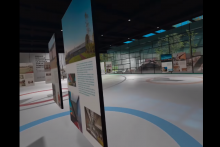
 EHT is a free digital newsletter for European heritage professionals. It aims to build a lasting European network by sharing knowledge, connecting people and the cultural and creative sectors.
EHT is a free digital newsletter for European heritage professionals. It aims to build a lasting European network by sharing knowledge, connecting people and the cultural and creative sectors.
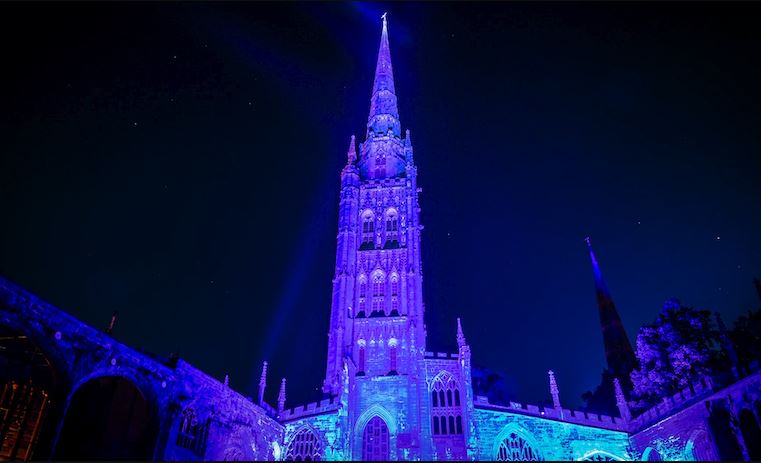 An online archive of photos, videos, maps and documents designed to celebrate the city’s heritage: this is the new initiative promoted by Coventry University in cooperation with Coventry City of Culture Trust, Culture Coventry and other partners.
An online archive of photos, videos, maps and documents designed to celebrate the city’s heritage: this is the new initiative promoted by Coventry University in cooperation with Coventry City of Culture Trust, Culture Coventry and other partners.
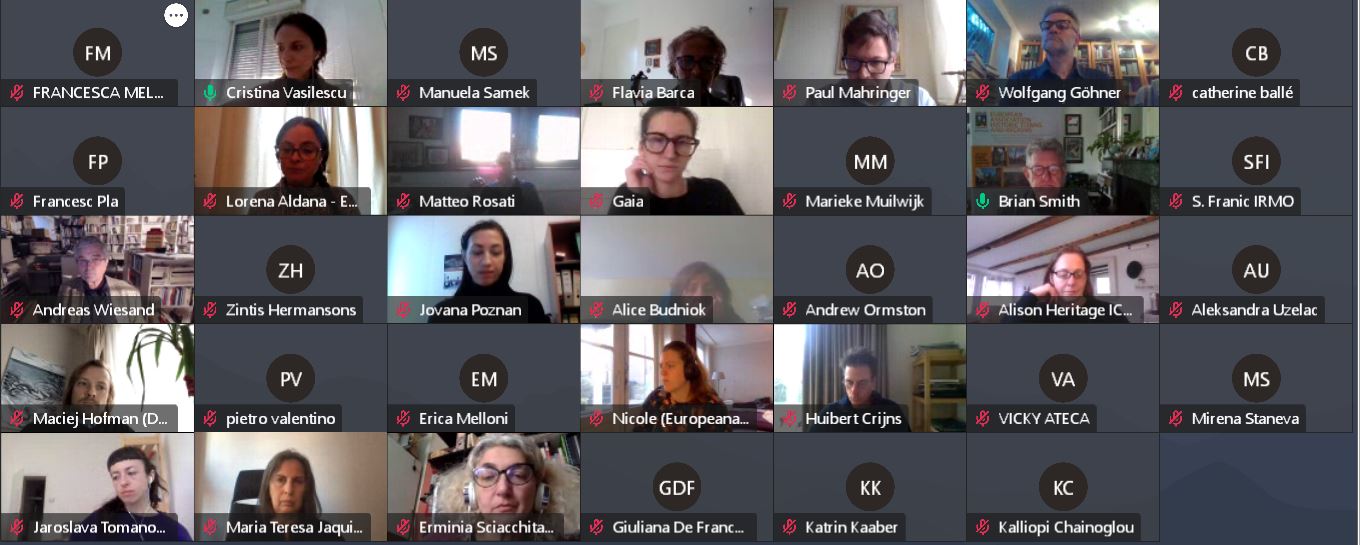 Yesterday, January 26th, it was held the final event of a 3-days online participatory initiative promoted by the HERIWELL project. In the first part of the meeting the HERIWELL team introduced the goals of the project and a brief description of the past two workshops. The presentations that followed highlighted different aspects of the impact of cultural heritage on the well being of society. A representative of the DG Education and Culture shared with the participants the EU programmes for culture and R&I. The debate was characterized by the exchange of experiences and case studies on participation and digitization applied to cultural heritage. Among others, the example of the
Yesterday, January 26th, it was held the final event of a 3-days online participatory initiative promoted by the HERIWELL project. In the first part of the meeting the HERIWELL team introduced the goals of the project and a brief description of the past two workshops. The presentations that followed highlighted different aspects of the impact of cultural heritage on the well being of society. A representative of the DG Education and Culture shared with the participants the EU programmes for culture and R&I. The debate was characterized by the exchange of experiences and case studies on participation and digitization applied to cultural heritage. Among others, the example of the 

